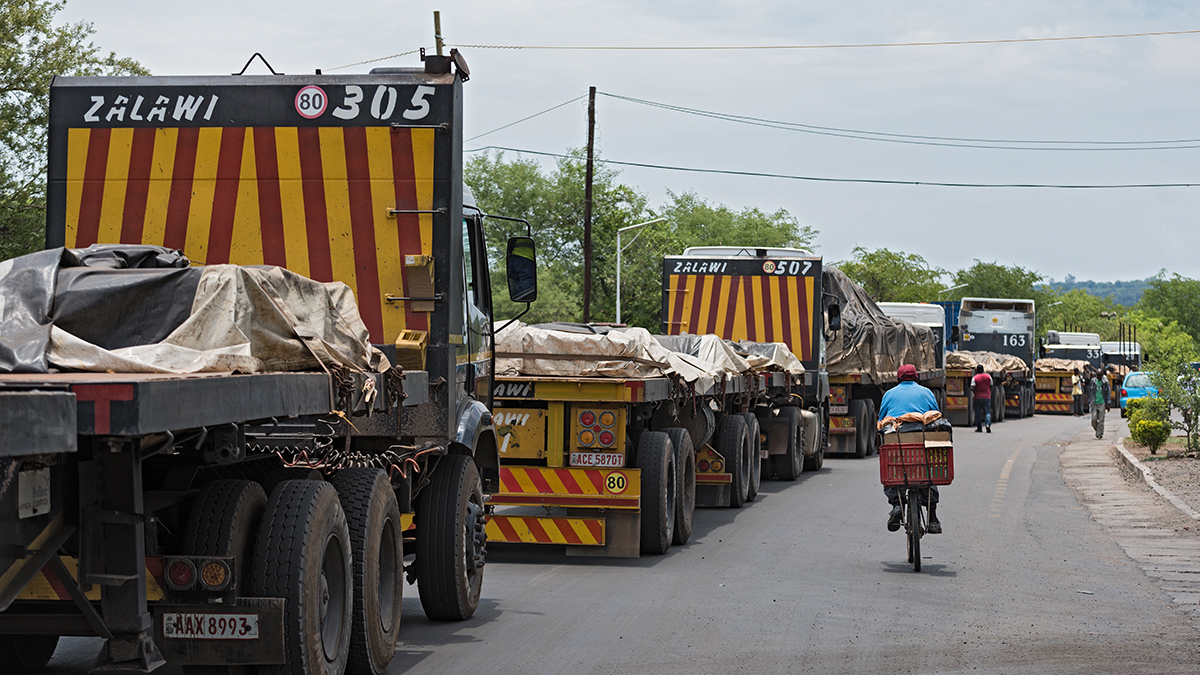International trade is severely impeded by non-physical barriers in developing and transition countries (e.g. inconsistent and difficult border-crossing formalities and procedures, high charges, and a lack of coordination among various stakeholders).
Removal of the barriers requires coordinated policy, legal and institutional changes with joint efforts of government authorities and the business sector, appropriate facilitation tools and enhanced capacities of the local stakeholders.
Objective of the project
Contribute to providing landlocked and transit developing countries with innovative and sustainable capacities to identify and address barriers to smooth and efficient cross-border and transit transport operations along international transport corridors.
Expected Accomplishments
Enhanced capacities of national authorities/operators in the two international transport corridors to identify and suggest solutions to the bottlenecks in cross-border and transit transport and to cooperate for corridor development through the use of the upgraded cluster methodology and time/cost- distance methodology.
Implementation
The project was implemented by 3 UN agencies: Economic and Social Commission for Asia and the Pacific (ESCAP), United Nations Conference on Trade and Development (UNCTAD) and United Nations Economic Commission for Africa (UNECA)) with ESCAP having a lead role and with the support of the respective Subregional Offices of UNECA (in East Africa) and ESCAP (in Central Asia).
The project was implemented in 2 regions: Central Asia (Kazakhstan, Kyrgyzstan and Tajikistan) and East Africa (Rwanda, Burundi and Tanzania).
The implementation stage in East Africa was handled by ECA through the "Central Corridor" Transit Transport Facilitation Agency (TTFA).
Towards its objective, the project aimed to identify and address barriers to smooth and efficient cross- border and transit transport operations along international transport corridors through:
- Collaboration of stakeholders within clusters (including transport authorities, customs, immigration, quarantine, transport operators, and chambers of commerce)
- Application of innovative facilitation tools, through in particular, further development of the existing cluster methodology (UNCTAD) and Time/Cost-Distance (TCD) model (UNESCAP) into Crossborder and Transit Transport Process Management (CT-TPM) Toolkit.
More on the the Crossborder and Transit Transport Process Management Toolkit (CT-TPM Toolkit)

